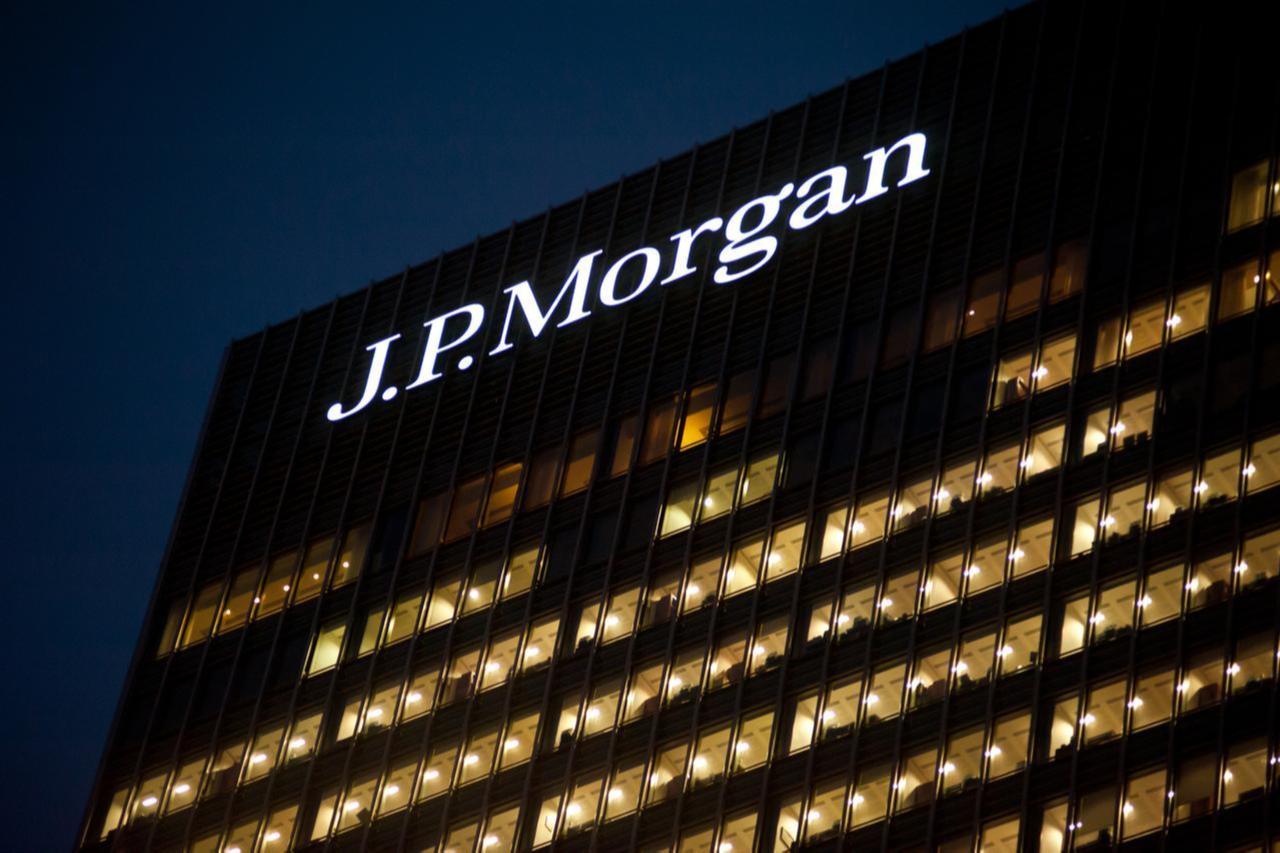
The Volta Regional Coordinating Council (VRCC) has signed a Non-Disclosure Agreement (NDA) and a Memorandum of Understanding (MoU) with the Malaysia Ministry of Commodities and Plantations to support the VRCC to cultivate Kenaf tree for the shared benefit of the two countries.
The VRCC has so far fulfilled the conditions agreed upon for the start of the Kenaf production activities in the Volta Region of Ghana, with technical assistance from the Malaysia Ministry of Commodities and Plantations, which had provided the VRCC with an advanced Malaysian Kenaf seeds for multiplication and trials.
Addressing journalists in Ho on Monday, the Coordinator of Kenaf Industry in the Volta Region, Mr George Sika, indicated that the successful visit and the agreement signed between the two countries became possible through the support of the private sector development initiatives of the region.
Mr Sika explained that the last National Democratic Congress (NDC) government led by President John Dramani Mahama attempted to introduce the initiatives to create alternative sources of jobs and generate income for the teaming unemployed youth.
He also stated that after the NDC took office, a collective of private entrepreneurs from the Volta Region reached out to the Volta Regional Minister, Mr James Gunu, to discuss the necessity of starting Kenaf tree cultivation in the Volta Region, which led them to fund a trip to Malaysia.
Furthermore, he stressed that after two weeks stay in Malaysia, it became clear that Kenaf tree was used in the manufacturing of interior of cars, airplanes, building materials like block, glue, absorbents, edible oils and medicinal oils and 31 other products.
Mr Sika said a renowned researcher, whose findings led to the many products produced from the tree, was assigned the role of “an ambassador for Ghana” by the Ministry of Commodities and Plantations to support the Volta region technically to develop Kenaf production as done in Malaysia.
Again, he clarified that according to the technical standards established in Malaysia, a model of Kenaf covering 1,000 hectares is anticipated to generate an annual revenue of $200 million.
The team from the Volta Region in Ghana, he emphasied, viewed this as a potential second gold mine, aimed at creating employment opportunities and positioning the Volta Region, along with Ghana, as a hub of economic activity within the African sub-region.
Moreover, Mr Sika indicated that for every 1,000 hectares of Kenaf cultivation, a factory would be established for the processing and manufacturing of the various products produced from the tree, which the Malaysian government was prepared to support Ghana to succeed.
The Coordinator announced that a total of 5,000 hectares of land was acquired by the VRCC from the Fievie Traditional Council in the Central Tongu District for the start of a trial plantation project, saying that, “the tree which is in the form of the okro plant takes three to four months to mature and six months to get seeds.”
Mr Sika revealed that the Ghana team, while in Malaysia, had a meeting with the Asia-Africa Chamber of Commerce and it showed interest in investing over $3 billion in Ghana
FROM SAMUEL AGBEWODE, HO












